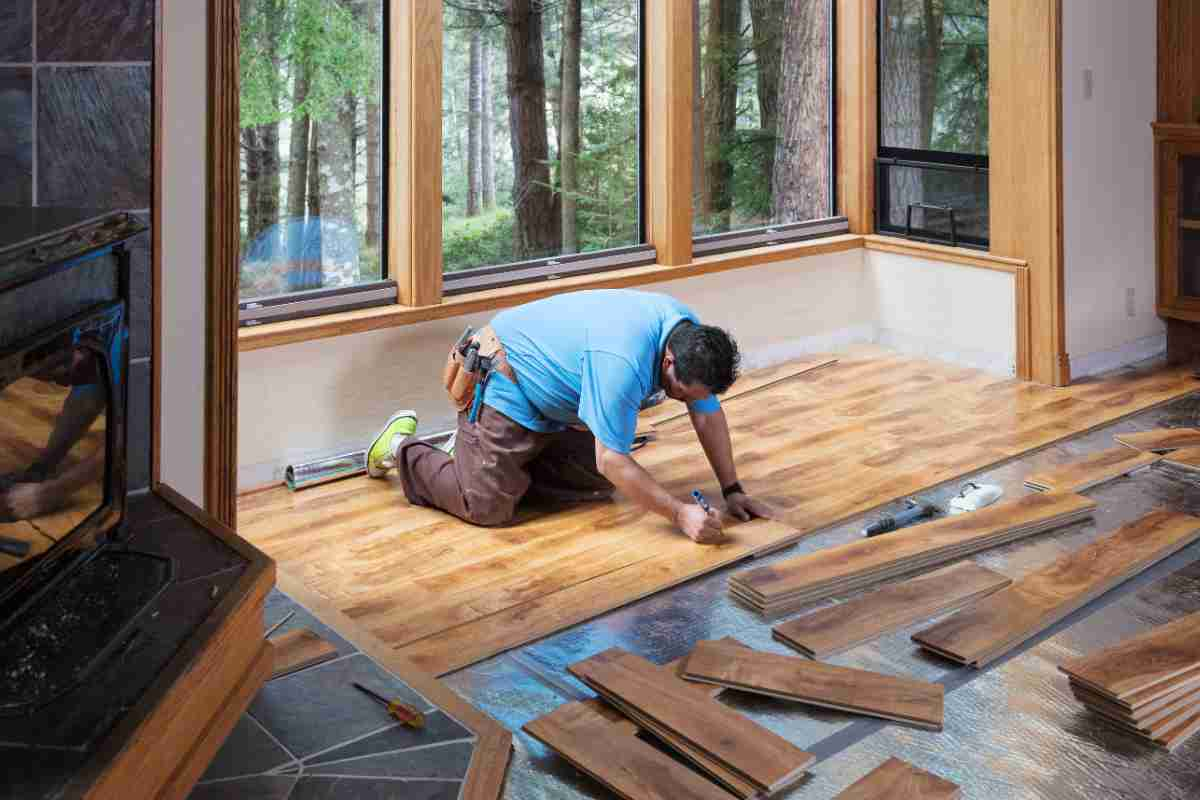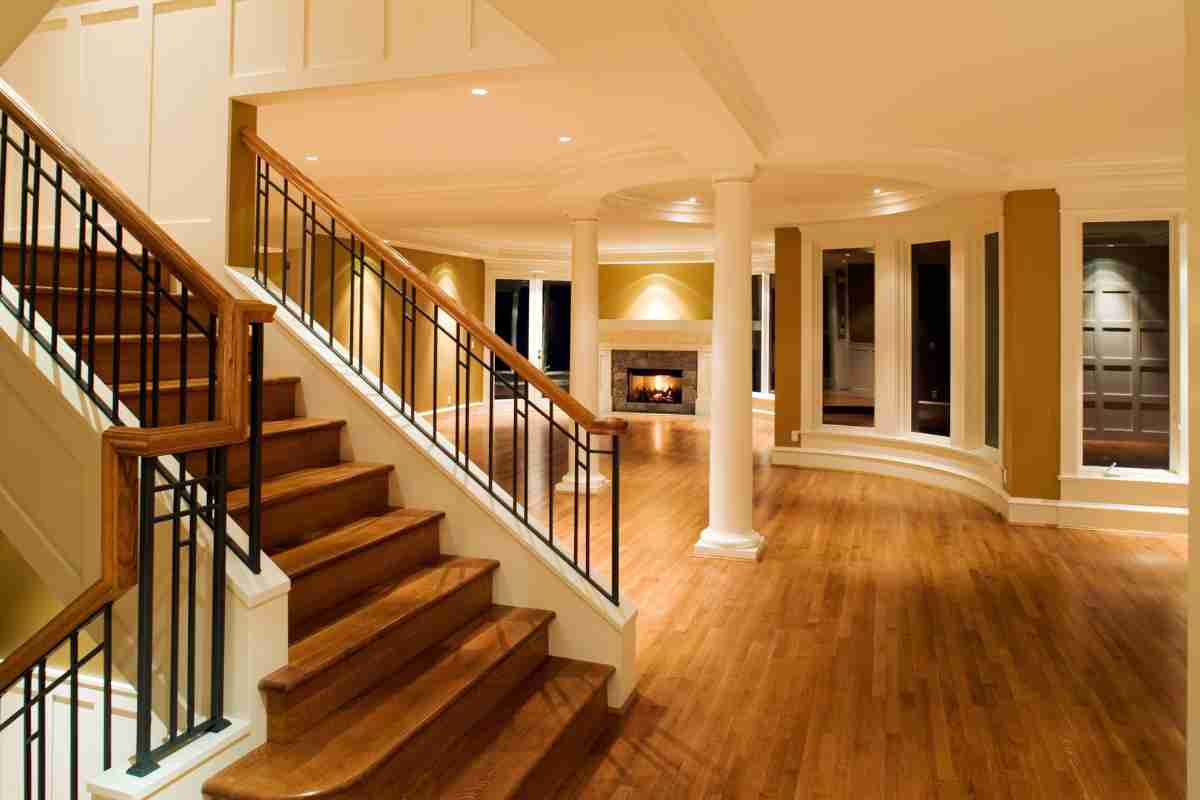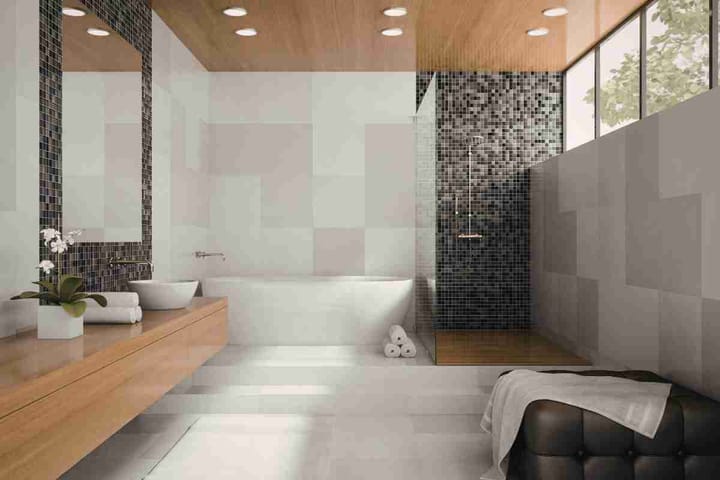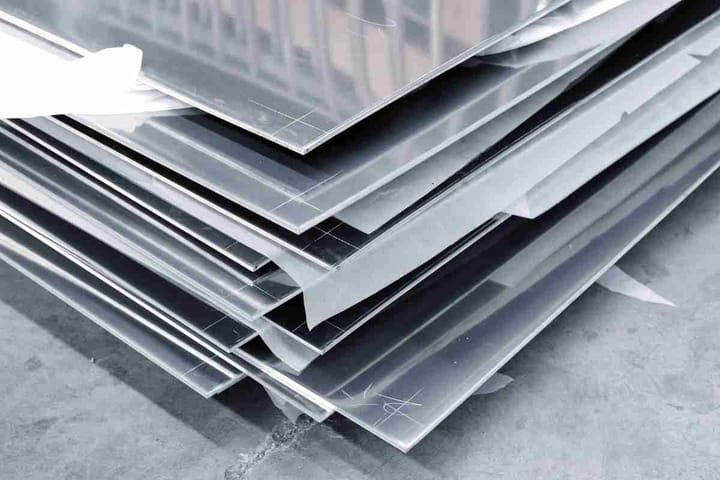Is Engineered Wood Flooring Better Than Solid Hardwood Flooring?
Homeowners are opting for wooden floors over carpets for practicality and aesthetics, especially pet owners. Solid or engineered wood: which is better?

Fewer homeowners find themselves picking out new carpets for their homes these days. While some appreciate the textures and colors, others dislike the hassle of keeping them clean. This is especially true for dog owners and parents dealing with mud, fur, and whatever else ends up caked in there. Wooden floors feel like the more practical and aesthetically pleasing alternative. But which is the best approach? Should you go all-out with solid wood flooring or opt for engineered wood flooring instead?
Engineered wood flooring can come across as the better option on first impressions, especially if you see the price first. The idea makes sense. Designers add a thin layer of real wood to cheaper plywood and create effective panels for different needs. But can it really compare with the real thing? Here are some of the pros and cons of these different flooring solutions.
The Benefits of Solid Hardwood Flooring
A solid wood floor is often the ultimate choice for homeowners and renovators when money is no concern. The structure of engineered wood and the materials used can make it feel like a more inferior solution. You're only getting a thin layer of the real wood, and the rest is filler. That doesn't make much of a difference to those who see the finished floor, but the owner knows the difference. They can enjoy the pride and prestige that come with showing off a fully natural wood floor made from solid oak or any other wood of their choice. If they can prove it's a sustainable product with no dangerous additional materials, all the better.

Then, there's the durability and lifespan of the floor. Generally, these floors will last longer than engineered products. This lifespan is enhanced by the ability to sand and stain the wood throughout its life, covering up damage and imperfections. With that said, some downsides could cancel out this benefit in the worst-case scenarios.
The Downsides Of Solid Hardwood Flooring
One of the primary concerns with this solid wood floor is that it's more prone to damage in bad environmental conditions. The solid wood structure from top to bottom is an issue if there's any warping from moisture content. Small-scale moisture issues might not cause a massive problem, but heavy flooding could be a disaster. Your perfectly aligned Chevron or parquet floor could be irreparable. You don't get the same problem when dealing with a durable engineered wood floor because of the different layers. From there, you also have to consider the risk of insect damage. Woodworms and termites can wreak havoc in natural wood when infestations go unseen. That could include your beautiful new wooden floor.
Of course, the other drawback here is the high cost of these floors. Solid wood is a lot more expensive than the alternative engineered option because of the sheer volume of the expensive material. The rarer the wood, the more substantial the treatments, and the bigger the floor, the more you can expect to pay. While some homeowners will be happy enough to pay out for quality materials for the benefits mentioned above, others will prefer a cheaper solution.
The Benefits of Engineered Wood Flooring
An engineered wood floor is that cheaper solution when solid wood floors aren't suitable. This cost-effective approach can give you a great-looking wooden floor panel for a much better price. As such, you can end up covering larger areas with a better chance of staying within budget. Therefore, if you were on the fence about putting a wood floor in a large open-plan space, the engineered wood floor option might work in your favour. The costs will still vary depending on the specifics of the product. Still, you can get some great deals and achieve the look you want.
Another benefit for consumers is the wide range of floor styles. Companies can affix all kinds of wood types to the plywood board and then work on them as desired. Some will remain untreated for a more natural look, while others are oiled, lacquered, and brushed to enhance the texture and the grain. You can also get different tints to match the decor of a room. Companies specializing in the best-engineered wood floors will guide you through their options and show you their various patterns.
The Downsides of Engineered Flooring
While a durable engineered wood floor can be a more cost-effective and attractive solution in many cases, that doesn't mean they are without their disadvantages. The structure does make them less susceptible to warping and environmental damage than the solid floors. However, you do have to be careful if the boards get damaged. The wood layers can't handle the same sort of treatments as the solid wood. You can't sand out the scratches and apply the same products to prolong its life.
Additionally, there are some concerns over the materials and adhesives used in some cheaper products. This isn't a 100% natural product due to these layers and processes. As such, some buyers worry about the risk of chemicals off-gassing over time. The risks are minimal, but there's no denying the use of chemicals and possible carcinogens in some products. If you want to be 100% safe and 100% natural, it has to be solid wood instead.
Is Engineered Wood Flooring The Best Option For You?
There is clearly a lot to consider when it comes to these hardwood floor options. Solid wood is desirable because of its longevity and the quality it brings to a new renovation. Where it is affordable and suits the space, it is hard to beat. However, the risks of damage and high costs can be too much for all homeowners to deal with. The engineered wood floor alternatives provide the perfect solution for saving money, and can look just as beautiful when handled correctly. So, take some time to look at the different engineered wood floor options and how they compare to solid wood. You might be surprised at the value offered.




Comments ()